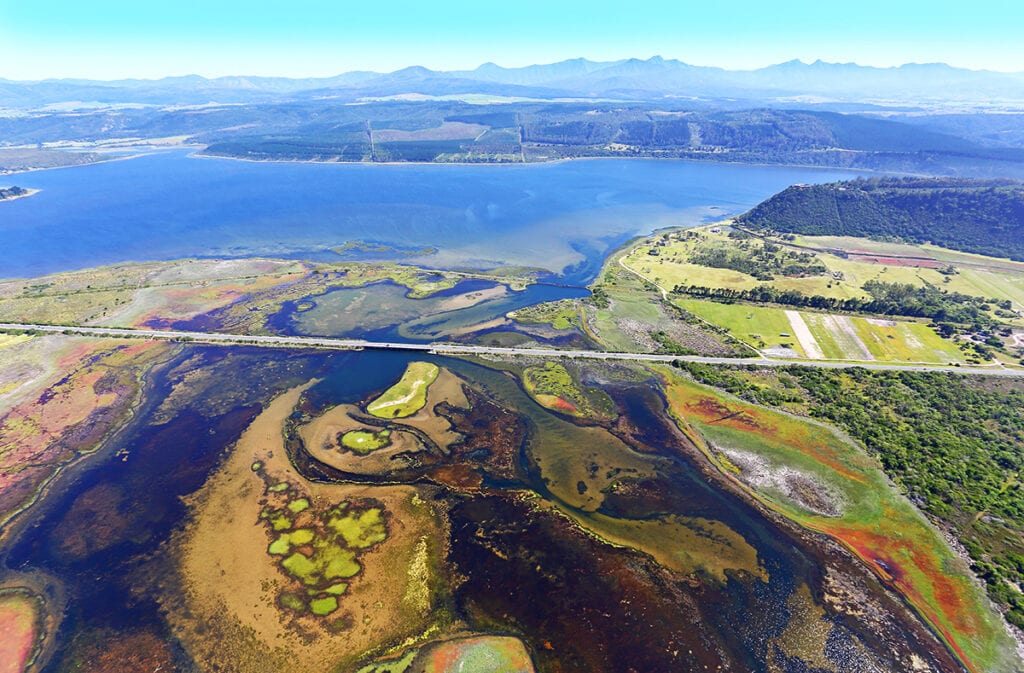Fresh water sources worldwide are under pressure due to growing populations, urbanization and development which has a negative effect on water availability and quality.
However, according to the Garden Route Environmental Forum (GREF), South African water authorities and municipalities are not doing enough to prevent environmental disasters.
“Responsible management of wastewater facilities and the protection of the country’s fresh water resources is entirely possible and certainly not negotiable. This goal can be achieved through the training of dedicated staff handling water-related tasks at all levels, continuous maintenance and upgrading of wastewater facilities to handle the increased inflow of wastewater, including adequate technical capacity and knowledge, supervision and experience,” says Cobus Meiring of the forum.
“However, the present-day threat to water security can be tackled fairly quickly to ensure better quality of waste water that is discharged after treatment. This results in healthier river systems for the benefit of downstream water users and dependent ecosystems.
“South African authorities at all levels have neglected effective waste water treatment over decades. The deadly outbreak of cholera that claimed nearly forty lives at Hammanskraal outside Pretoria in May this year is an example of the result of what can only be described as gross neglect and incompetence. It is also exacerbated by ever-present power outages at pumping stations.”
The cholera outbreak in Hammanskraal made headlines because of its fatal consequences. What more often does not make the news is the effect of institutional failure to deal with waste water effectively on South African river health and the collapse of the ecosystem, says Meiring.
“There are almost no river systems left in South Africa where the water is not polluted to the point where it would be fatal to drink if it is not boiled or treated.”
Landowners also have a responsibility and a role to play when it comes to water management.
According to Meiring, the treatment of waste water in the Garden Route and the Southern Cape is generally at an acceptable standard thanks to sound municipal management, but he believes much more can be done from an environmental management point of view.
“In addition to adhering to best water use management practices and withdrawal limits, landowners and land managers in the region should do more in terms of managing invasive plants on their properties, especially along rivers, streams and wetlands, and in the process contribute to the well-being of the environment and a higher quality of life for everyone who lives in the region.”
The Garden Route Environment Forum will host its climate change and environmental management indaba with Nelson Mandela University at the George campus next Thursday.








